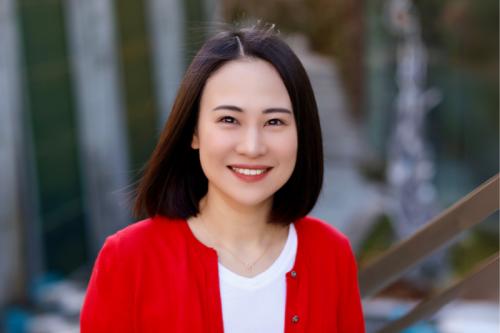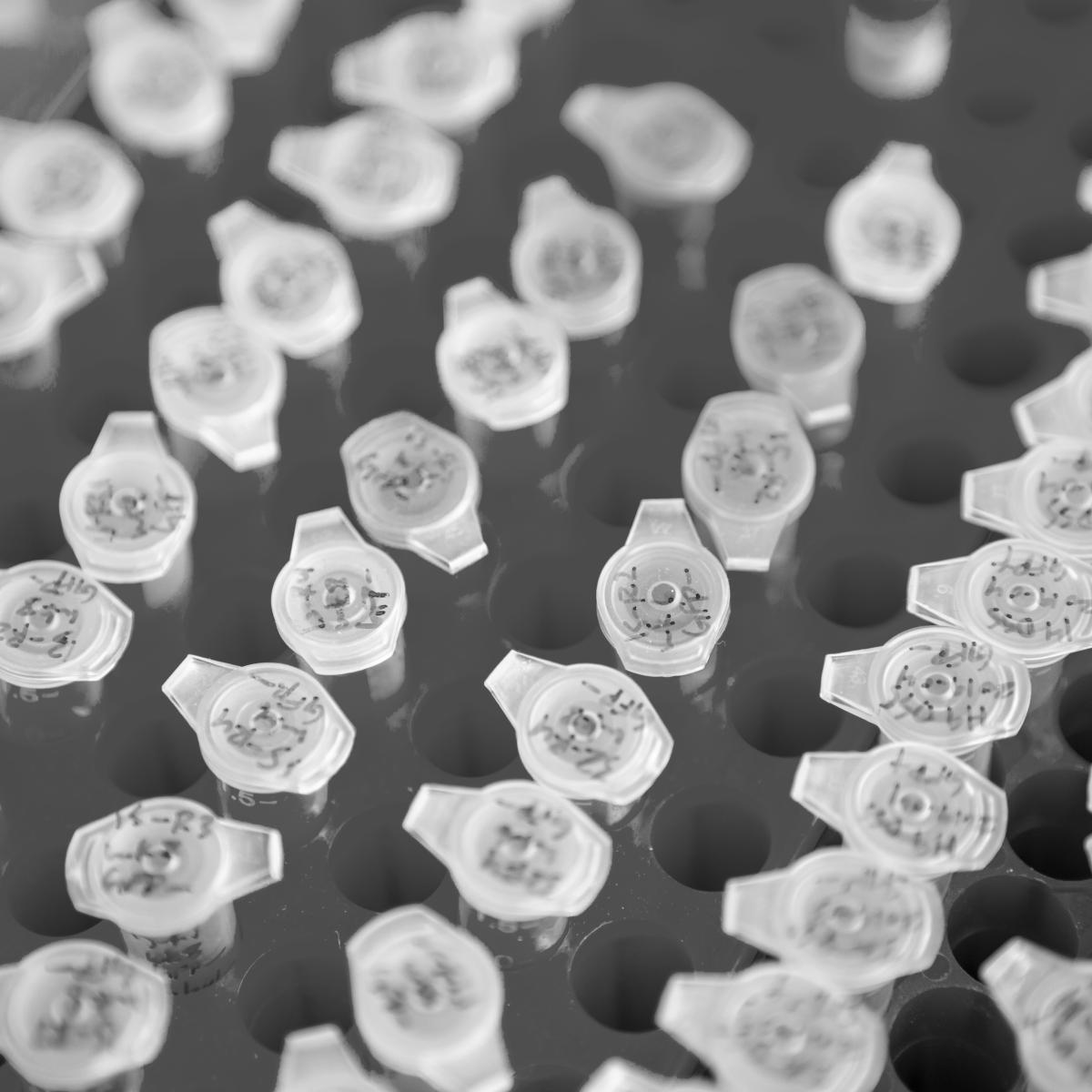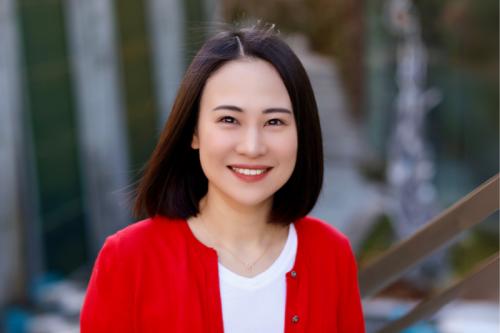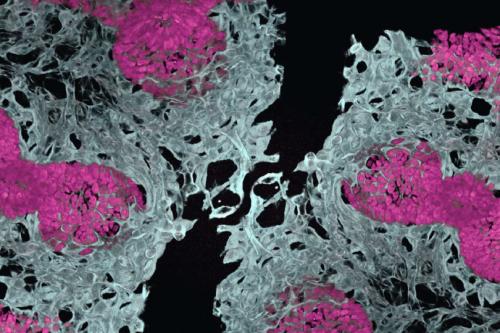
Mingxia Gu, M.D., Ph.D.
- Associate Professor, Anesthesiology & Perioperative Medicine

Mingxia Gu, M.D., Ph.D., investigates how blood vessels contribute to organ development, disease and regeneration. By leveraging patient-specific stem cell models and advanced bioengineering techniques, she seeks to develop novel, personalized therapies for vascular and cardiopulmonary diseases, including congenital heart and lung defects.
For nearly all children born with a structural heart or lung disease, surgery is the only available therapy. Gu’s research aims to expand therapeutic options by developing new therapies and regenerative approaches that could be administered earlier — before birth.
The vasculature is a dynamic and specialized network essential for organ function, possessing significant plasticity and regenerative potential. Gu investigates how blood vessels influence tissue development, disease progression and healing, with the goal of developing new therapies for vascular-related diseases and advancing organ-regeneration strategies.
A central focus of this research involves generating patient-specific induced pluripotent stem cell-, or iPSC-, derived endothelial and smooth muscle cells, as well as vascularized organoids, to create more accurate disease models. By comparing these iPSC-based models with patient-derived vascular lesion samples, Gu has identified disease-specific cellular changes and mapped transcriptomic and epigenomic alterations at single-cell resolution. Recent efforts have focused on engineering vascularized heart, lung and brain organoids to explore how blood vessels interact with surrounding cells during development and disease.
In addition to illuminating disease mechanisms, Gu leverages a high-throughput drug screening platform paired with machine learning algorithms to identify compounds that can reverse disease pathology in a personalized manner. She is also investigating the signaling pathways that direct tissue-specific endothelial cell fate — the process by which vascular cells take on specialized functions — with the goal of regenerating blood vessel networks in congenital heart and lung defects.
Through a multidisciplinary approach that integrates bioengineering, synthetic biology, stem cell biology and computational modeling, Gu’s research insights could drive advances in vascular medicine and regenerative therapies.
By recreating stem cell derived blood vessel networks, we unveil the hidden mechanisms contributing to vascular malformations in various organs. Our primary goal remains pioneering inventive methods to address these vascular issues, ultimately advancing healing and strengthening disease treatments. Imagine it as a groundbreaking renovation for our body's vital transportation network!
- Associate Professor, Anesthesiology & Perioperative Medicine
Research Projects
- Advancing next-generation organoid 3D tissue grown from stem cells to replicate aspects of the structure and function of an organ. By modeling how multiple types of cells interact in biologically-relevant structures, these models help researchers understand how human organs develop, age and respond to disease in more detail than 2D cultures. organoid 3D tissue grown from stem cells to replicate aspects of the structure and function of an organ. By modeling how multiple types of cells interact in biologically-relevant structures, these models help researchers understand how human organs develop, age and respond to disease in more detail than 2D cultures. models by orchestrating the co-differentiation of all three germ layers
- Investigating the complex ways blood vessels and neurons communicate to regulate organ function in both health and disease
- Engineering organoids with organ-specific vasculature to decode endothelial cell fate and function
- Harnessing the power of artificial intelligence to accelerate biomedical discovery
- Developing gene and cell therapies to transform the treatment of vascular and cardiopulmonary diseases, including congenital heart and lung defects
-
Post-doctoral Fellowship
- Pediatric Cardiology and Vascular Biology, Stanford University, 2016
Degrees
- Ph.D., Cardiovascular Medicine, Peking University, China, and Stanford University, 2013
- M.D., Peking University, China, 2009



